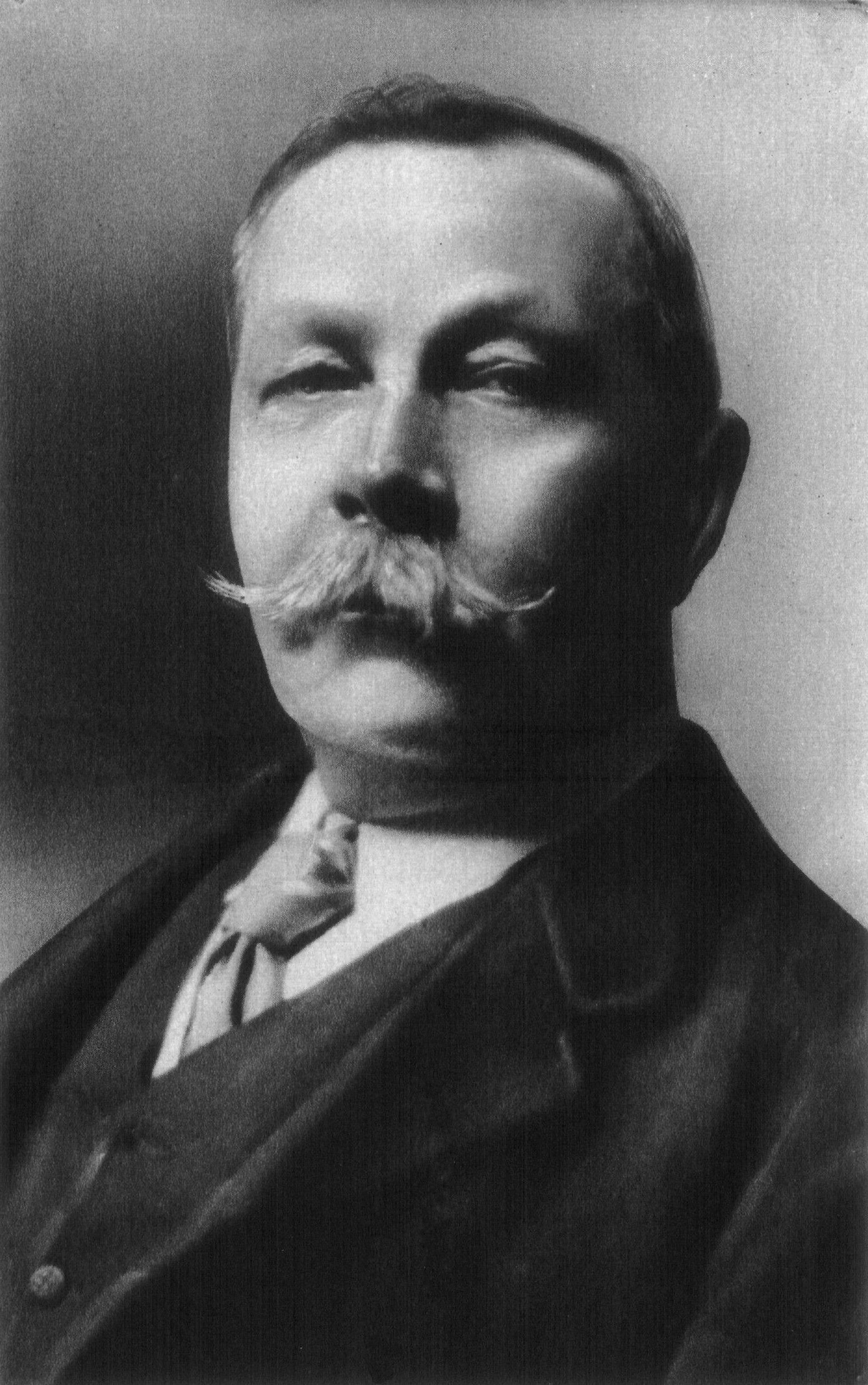Spiritualism
Enlarge text Shrink textSpiritualism is a social religious movement popular in the nineteenth and early twentieth centuries, according to which an individual's awareness persists after death and may be contacted by the living. The afterlife, or the "spirit world", is seen by spiritualists not as a static place, but as one in which spirits continue to interact and evolve. These two beliefs—that contact with spirits is possible, and that spirits are more advanced than humans—lead spiritualists to the belief that spirits are capable of advising the living on moral and ethical issues and the nature of God. Some spiritualists follow "spirit guides"—specific spirits relied upon for spiritual direction. Emanuel Swedenborg has some claim to be the father of spiritualism. The movement developed and reached its largest following from the 1840s to the 1920s, especially in English-speaking countries. It flourished for a half century without canonical texts or formal organization, attaining cohesion through periodicals, tours by trance lecturers, camp meetings, and the missionary activities of accomplished mediums. Many prominent spiritualists were women, and like most spiritualists, supported causes such as the abolition of slavery and women's suffrage. By the late 1880s the credibility of the informal movement had weakened due to accusations of fraud perpetrated by mediums, and formal spiritualist organizations began to appear. Spiritualism is currently practiced primarily through various denominational spiritualist churches in the U.S., Canada and the United Kingdom.
Read more on Wikipedia >
 Topic
Topic
















